Wednesdays
Lupino-palooza: A Celebration of Director/Actress Ida Lupino
Programmed by Kathleen Geier
Ida Lupino has been called (by Eddie Muller) "the most talented and versatile woman in the history of movies." Signed to a Hollywood contract when she was just 15, by her early 20s the British-born Lupino had developed into an actress of Bette Davis-like power and intensity. She specialized in noirs and melodramas, often playing wordly, complex women well beyond her years.
Not only was Lupino a gifted actress, she was also a groundbreaking filmmaker. In 1949, inspired by Italian neorealist directors like Roberto Rossellini, she founded her own production company and began to direct films. At the time she was the only working female director in Hollywood.
Lupino's stated goal was to make films that showed "how America lives." Her films stressed social themes and focused on the struggles of ordinary working people. Working independently and with low budgets, away from the control of the major studios, she directed innovative features that quietly subverted convention.
Often, Lupino's heroines are young women whose middle-class security is shattered by traumas such as out of wedlock pregnancy, bigamy, and rape. Her filmmaking technique imaginatively combined documentary-like realism and clarity with noir-like expressionist subjectivity.
This series includes six of the seven films Lupino directed, several of them in sparkling new restorations. Though most of her films had fallen into neglect they are ripe for rediscovery. The passion and commitment of Lupino's independent vision reaches beyond her own time to speak to our own.
1/8/2020 @ 7:00 PM 9:00 PM
The Hard Way

(Vincent Sherman, 1943) · Desperate to escape grinding poverty, a ruthless woman (Ida Lupino) pushes her kid sister (Joan Leslie) into an acting career. This noirish melodrama about the seamier side of showbiz boasts one of Lupino's greatest performances (it earned her the New York Film Critics Circle Best Actress prize). Strikingly lensed by the legendary James Wong Howe, it also features strong supporting turns by Gladys George as a washed up actress and Jack Carson as a broken-down song-and-dance man. Print courtesy of the Wisconsin Center for Film and Theater Research
runtime: 109m format: 16mm
1/15/2020 @ 7:00 PM 9:00 PM
The Man I Love
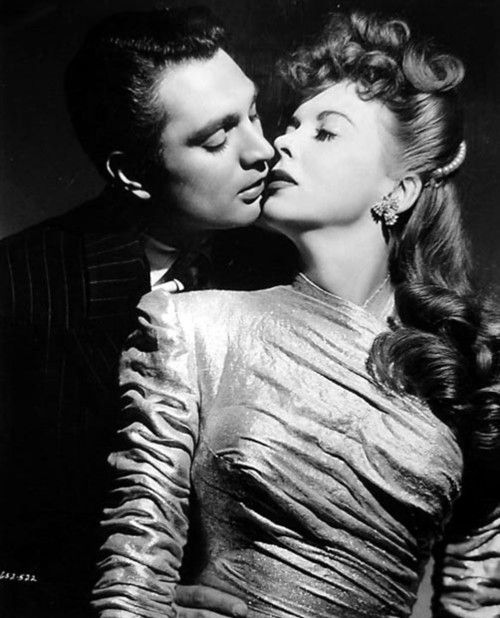
(Raoul Walsh, 1946) · When a lounge singer (Ida Lupino) comes home for the holidays, she ends up solving everyone's problems--except her own. Lupino's performance as Petey, a smart-mouthed, tough-and-tender dame with an awesome collection of hats, may be her finest. Bruce Bennett co-stars as the man Petey loves, San Thomas, a troubled jazz musician. One of Raoul Walsh's most endearing films and a favorite of Martin Scorsese, it inspired New York, New York. Print courtesy of the Wisconsin Center for Film and Theater Research
runtime: 96m format: 16mm
1/22/2020 @ 7:00 PM 9:00 PM
The Trouble With Angels
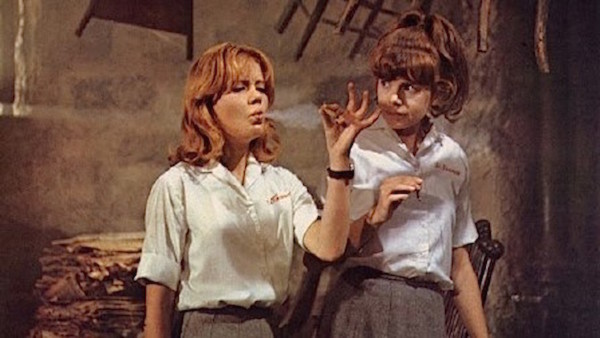
(Ida Lupino, 1966) · Though best known for her noirs and melodramas, Ida Lupino also had a gift for lighter fare. Nowhere is that more in evidence than in this charming, sharply observed coming-of-age comedy. Based on a memoir by Jane Trahey about the Chicago Catholic girls' school she attended, it stars Hayley Mills as a rebellious student who frequently locks horns with the shrewd, tough-minded Mother Superior (Rosalind Russell in a wonderful performance). Sadly, this was the final film Lupino directed.
runtime: 112m format: 35mm
1/29/2020 @ 7:00 PM 9:00 PM
Not Wanted
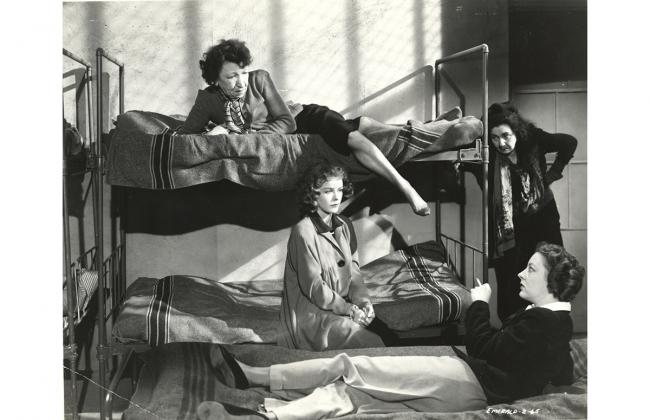
(Ida Lupino, Elmer Clifton, 1949) · After a fling with a caddish jazz musician (Leo Penn, Sean's dad), a naive young waitress (Sally Forrest) finds herself pregnant. This was the first film Lupino directed; she stepped in when the original director suffered a heart attack three days into production. She handles the material with empathy and sensitivity, blending documentary-like detail with intense, noirish visuals. The New Yorker described its hospital sequence as "a masterpiece of low-budget Expressionism."
runtime: 91m format: DCP
2/5/2020 @ 7:00 PM 9:00 PM
Never Fear
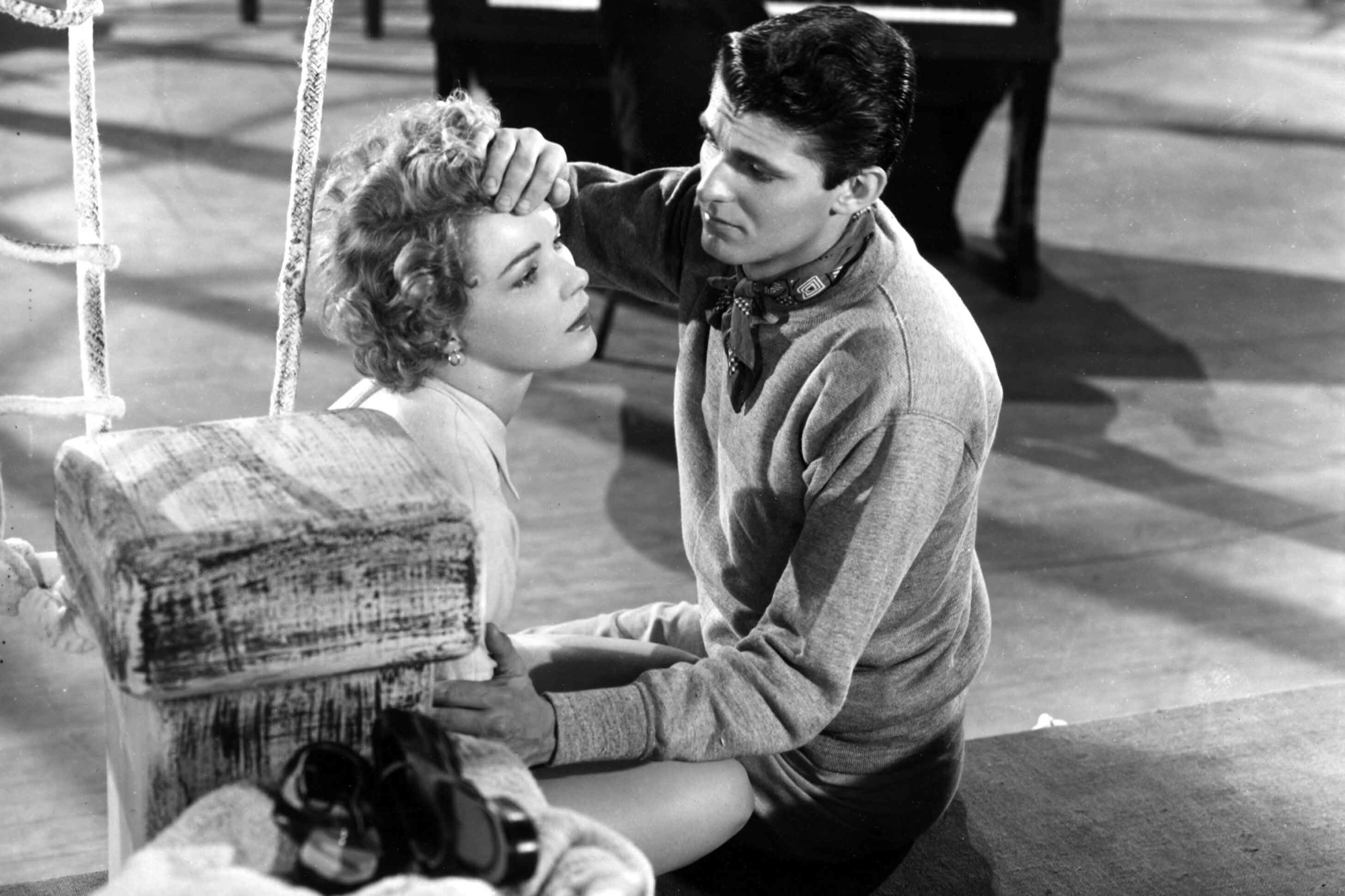
(Ida Lupino, 1950) · A young dancer (Sally Forrest) is devastated when she falls ill with polio. As a teen, Lupino had contracted polio and this refreshingly unsentimental film, her first credit as a director, may be her most autobiographical work. Released at the height of a polio epldemic, it was filmed at a real clinic and many of the actors were actual rehab patients. The New York Times' Manohla Dargis calls Never Fear "a tough-minded, modest, yet memorable film about a profound existential struggle."
runtime: 92m format: DCP
2/12/2020 @ 7:00 PM 9:00 PM
The Hitch-Hiker
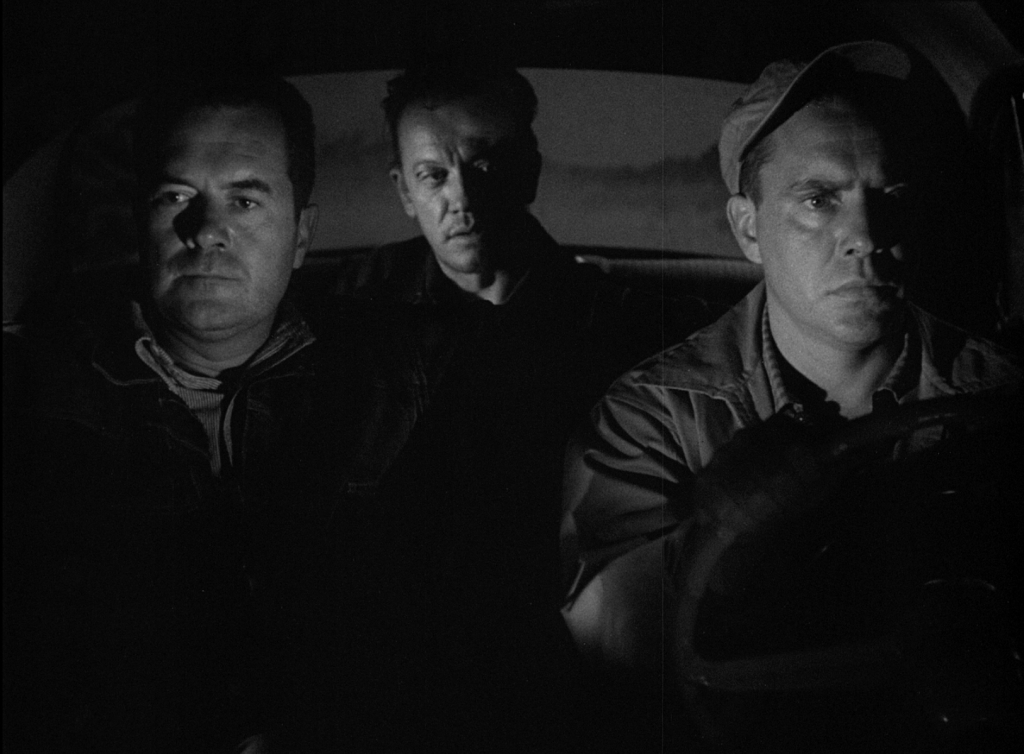
(Ida Lupino, 1953) · This suspenseful, disturbing noir is Lupino's most highly acclaimed film. It tells the story of two friends (Edmond O'Brien and Frank Lovejoy) kidnapped by a deranged killer (William Talman) and taken on a nightmarish ride across the desert. Lupino's pacing and her use of high-contrast lighting, claustrophobic close-ups, and wide shots emphasizing the bleak desert terrain are chilingly effective. There are no macho heroics here, only the victims' helplessness and terror.
runtime: 71m format: DCP
2/19/2020 @ 7:00 PM 9:00 PM
Private Hell 36
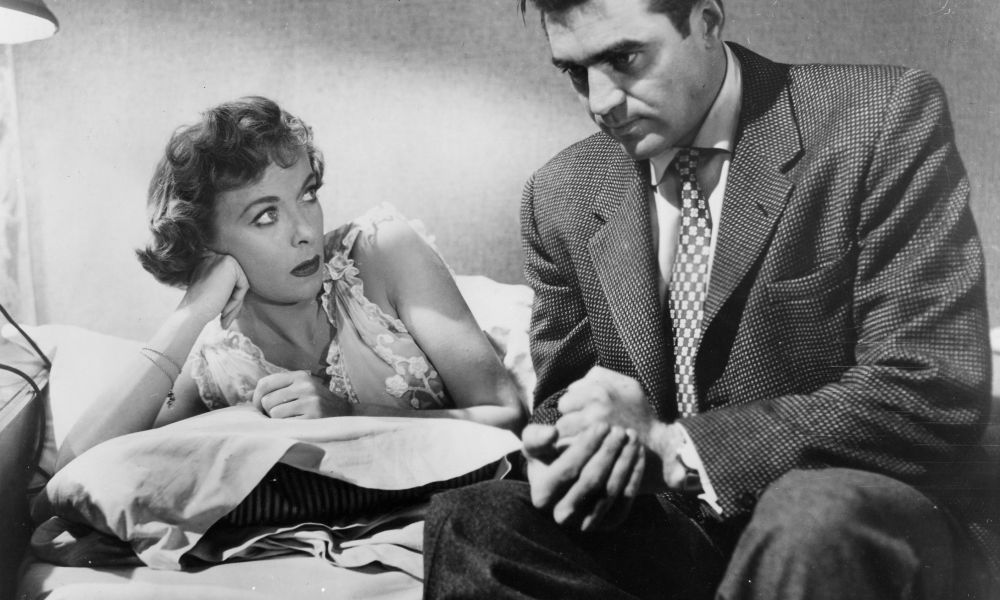
(Don Siegel, 1954) · Lupino produced, co-wrote, and stars in Private Hell 36 one of her grittier noirs. A pair of dirty cops (Steve Cochran and Howard Duff) stumble upon a counterfitter's loot and decide to split the proceeds--until one of them starts to get cold feet. Novelist Megan Abbott described this film as "one of that special brand of B noir that just revels in the claustrophobic tawdriness of its characters." Lupino shines and her scenes with noir bad boy Cochran set off potent sexual sparks.
runtime: 81m format: 35mm
2/26/2020 @ 7:00 PM 9:00 PM
On Dangerous Ground
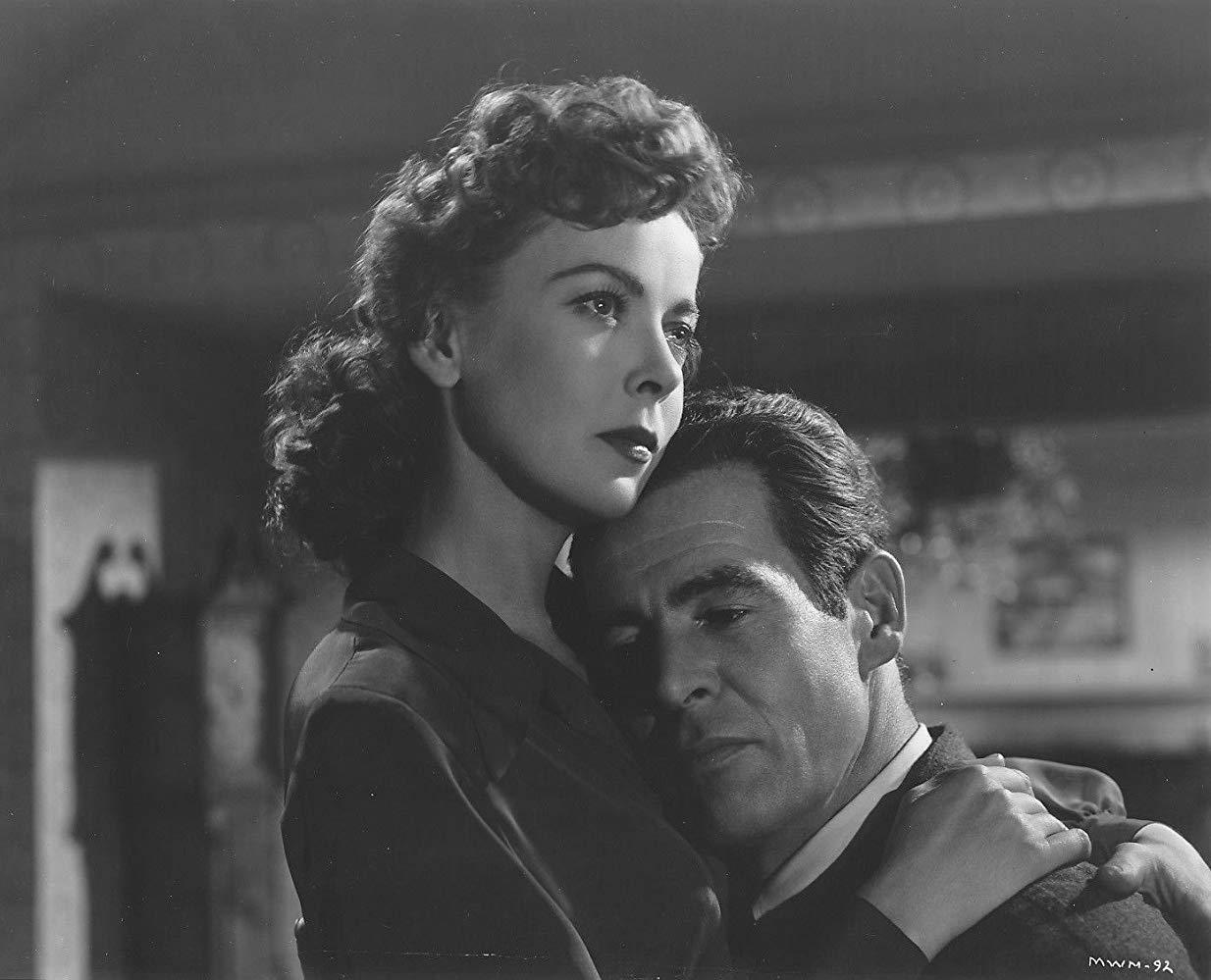
(Ida Lupino, Nicholas Ray 1951) · When a sadistic city cop (Robert Ryan) is reassigned to a small rural town, he meets a woman (Ida Lupino) who challenges his bitterness and despair. One of Nicholas Ray's most moving works, this film begins as a pitch-black film noir but morphs into a luminous Borzagean drama about the spiritually redemptive power of romantic love. Lupino directed significant portions of the film after Ray fell ill. Ward Bond co-stars and Bernard Herrmann (Taxi Driver) composed the moody, evocative score.
runtime: 96m format: 35mm
3/4/2020 @ 7:00 PM 9:00 PM
Outrage
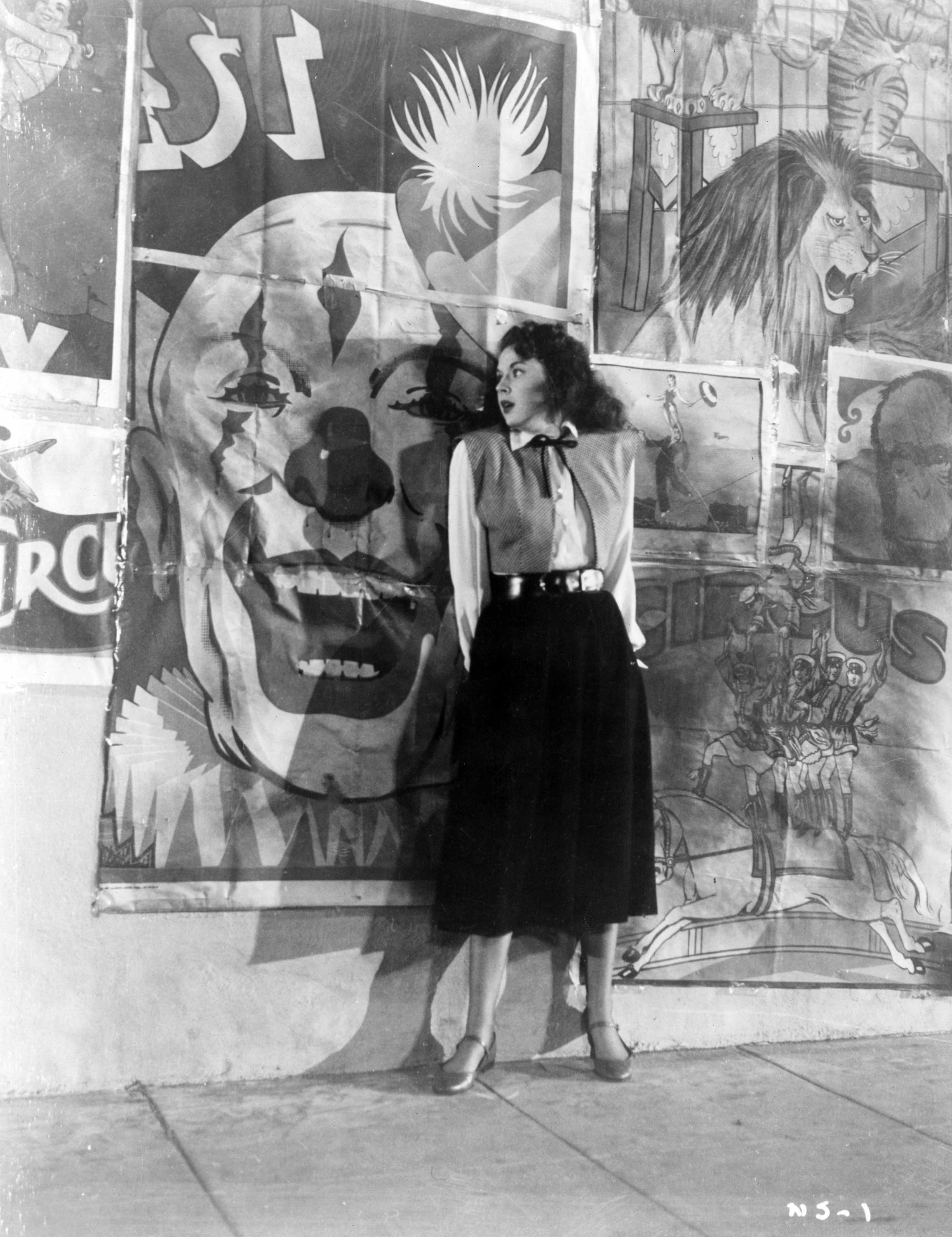
(Ida Lupino, 1950) · After a young woman (Maia Powers) is raped, she tries to recover from her trauma. Films told from the point of view of a rape victim are still rare and in 1950, Outrage was groundbreaking. Lupino's subject is not just rape but rape culture, and she unsparingly depicts the way society—represented by clueless loved ones, judgy co-workers, and an inept legal system—fails the victim. Featuring some of Lupino's most hauntingly expressionistic visuals, Outrage is Lupino at her incisive best.
runtime: 75m format: 35mm
3/11/2020 @ 4:00 PM 10:00 PM
The Bigamist
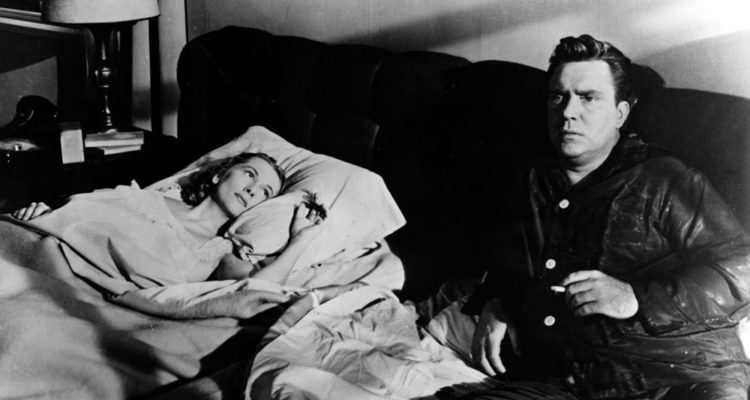
(Ida Lupino, 1953) · In this gripping women's picture noir, lonely traveling salesman Harry (Edmond O'Brien) becomes a bigamist living a double life with two very different women (Ida Lupino and Joan Fontaine). The Bigamist critiques society's hypocrisies regarding marriage and yet, though it was made at the height of the moralistic Hayes Code, it refuses to pass judgment on Harry. The focus is on the messiness and ambiguity of human relationships and it closes on a note that is hauntingly open-ended.
runtime: 80m format: DCP



